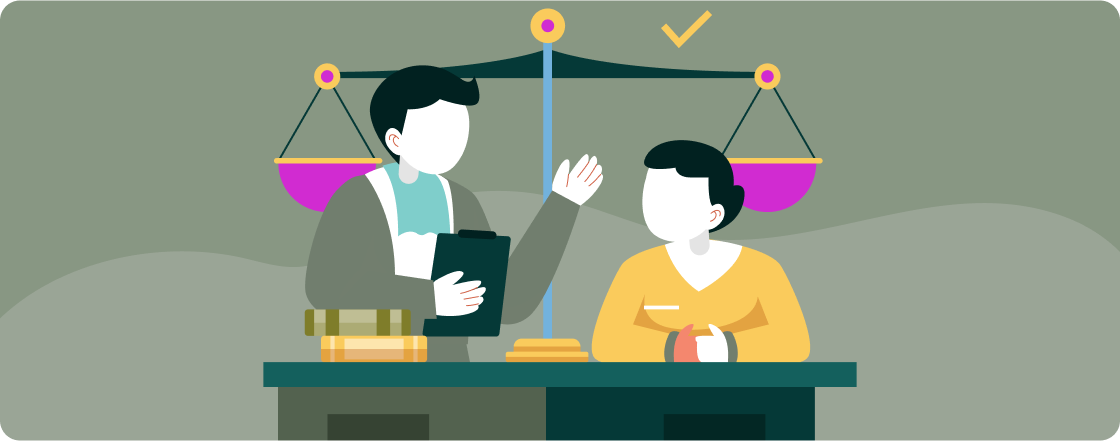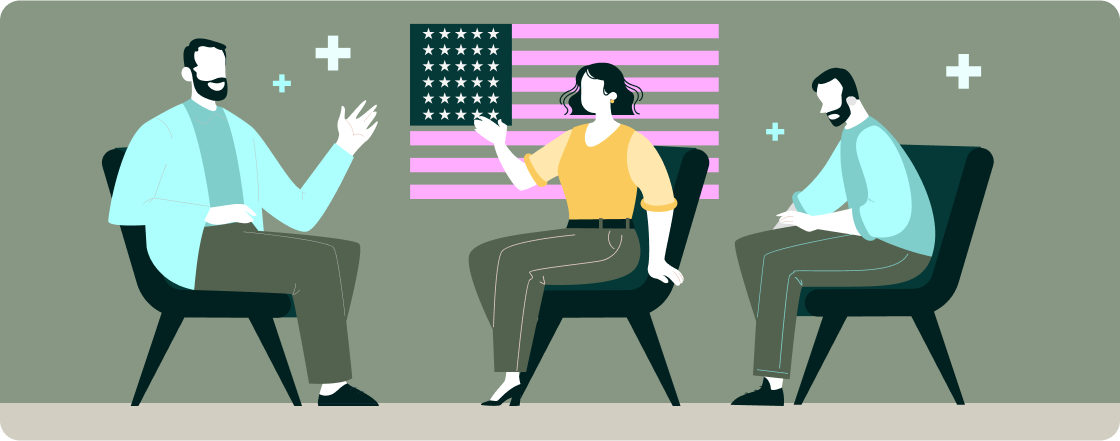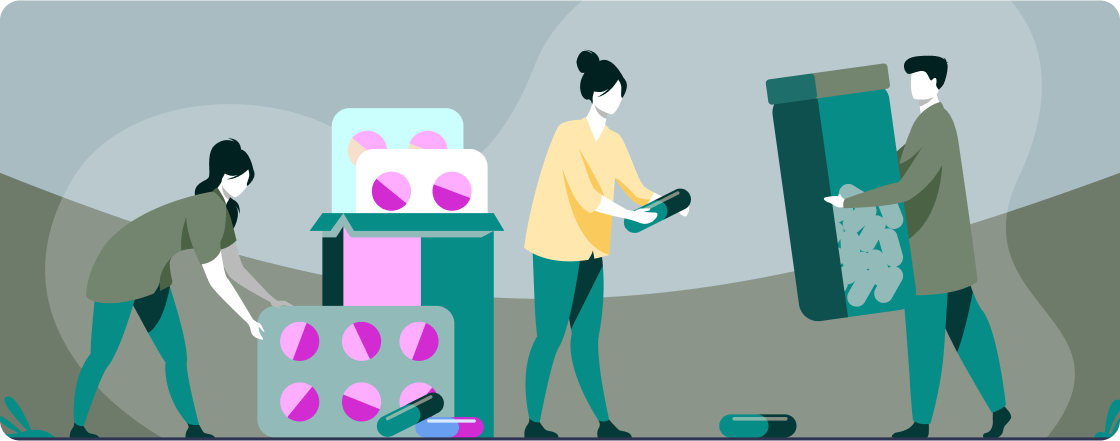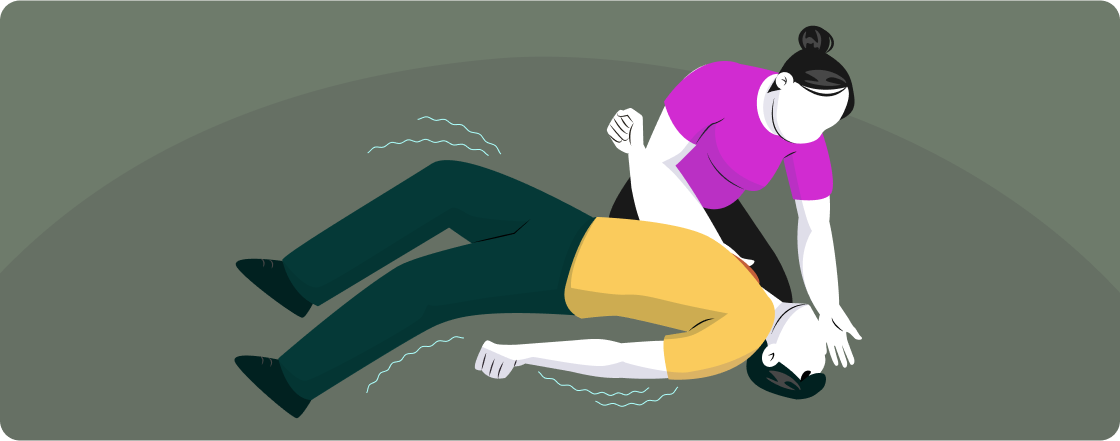
Court-Mandated Drug Rehab: Hope, Accountability, and a Fresh Start
When most people hear “court-mandated rehab,” they imagine it as a punishment. But for many, it’s the first real chance at recovery. Rather than jail time, the court may offer treatment as an alternative—especially for non-violent drug-related offenses. And while the structure is legally enforced, the opportunity it provides can be life-changing.
What Is Court-Mandated Rehab?
Court-mandated rehab, also called court-ordered treatment, is a program ordered by a judge as part of a sentence or plea deal. These programs are typically residential and require full participation in detox, therapy, and aftercare. Participants may need to attend group meetings, take drug tests, and meet progress benchmarks to remain in good standing.


Benefits of Court-Mandated Rehab
Although treatment begins under legal pressure, the results can be powerful. A study published in Substance Abuse Treatment, Prevention, and Policy found that people in court-mandated programs had similar outcomes to those who voluntarily entered treatment. Structure, accountability, and access to long-term care often make a real difference—especially for those who may not have sought help otherwise.

Accountability vs. Punishment: Why it Matters
There’s a key difference between being punished and being held accountable. Court-mandated rehab isn’t about shame—it’s about structure. It provides people the tools they need to break the cycle of addiction, including therapy, relapse prevention, and help with housing or employment after treatment. Rather than punishment, it’s a pathway toward healing with oversight to ensure follow-through.

Can Court-Mandated Rehab Really Lead to Long-Term Recovery?
Yes—but like any form of treatment, success depends on the individual’s engagement. At first, someone may participate only because they have to. But as detox clears the mind and therapy begins to address underlying issues, motivation often shifts. People begin to recognize the value of recovery—and make it their own.


Breaking the Stigma of Legal-System Recovery
Recovery through the legal system shouldn’t be seen as a “less than” option. It’s a lifeline, especially for people caught in the cycle of incarceration and substance use. If someone finds freedom—literal and emotional—because of a court-mandated program, that’s success. Treatment is treatment, and every path to recovery is valid.









